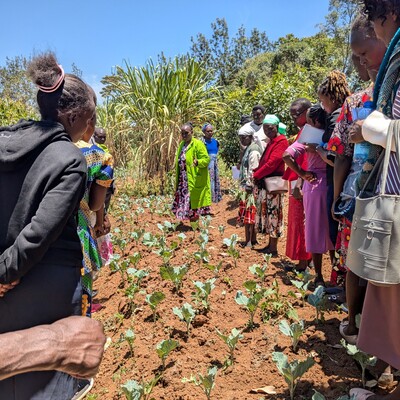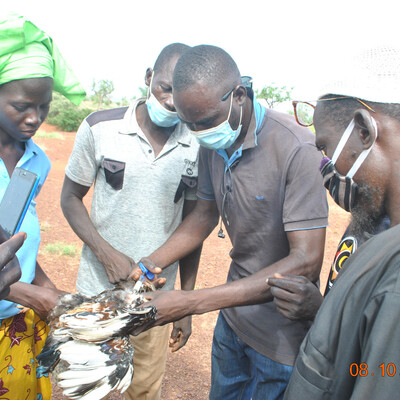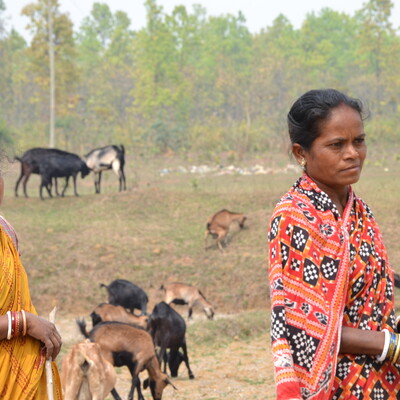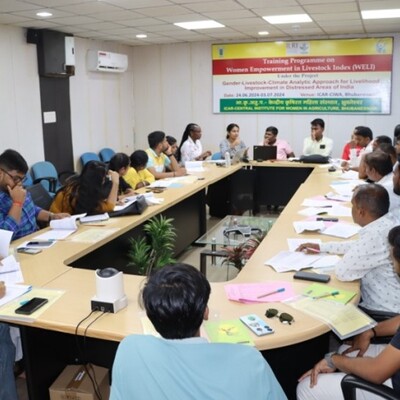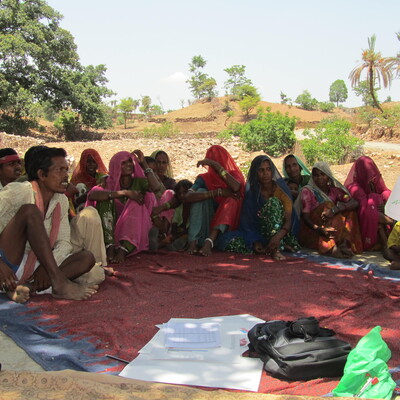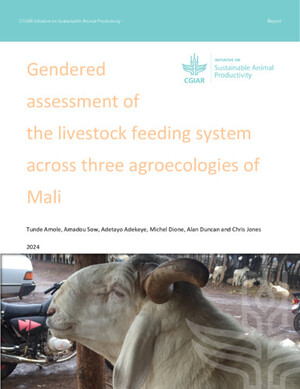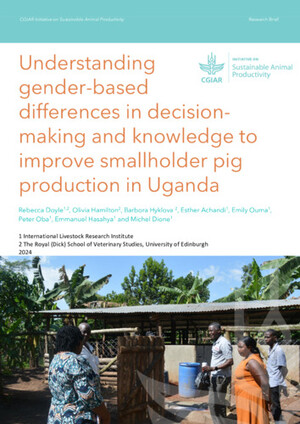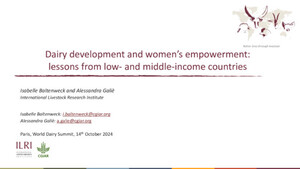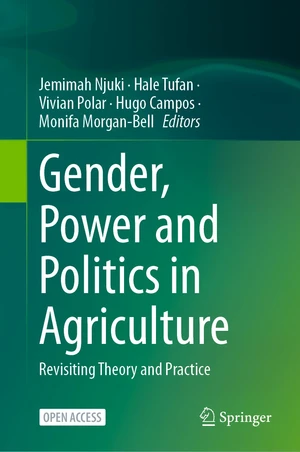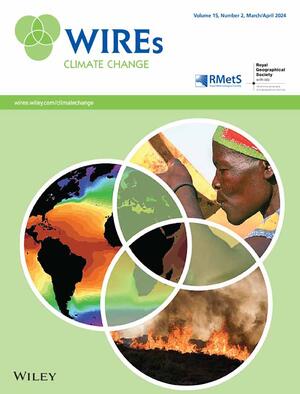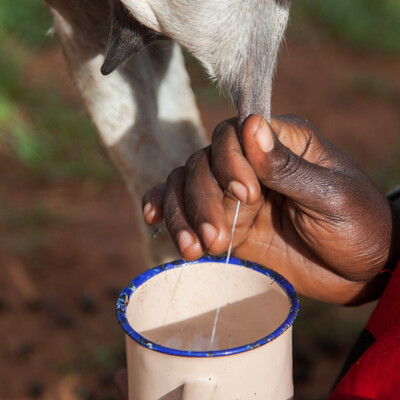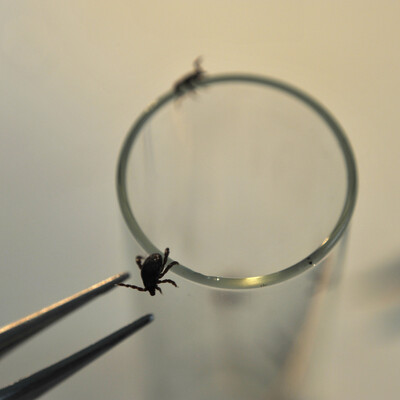
Meet scientists in ILRI’s Livelihoods, Gender and Impact Program: Alessandra Galiè
In the run up to the International Women’s Day commemorated on 8th March 2014, on this blog we will meet gender scientists working in the Livelihoods, Gender, Impact and Innovations Program at ILRI. Meet Alessandra Galiè, whose work focuses on the Tanzania dairy value chain.

Alessandra Galiè (front row middle) with women livestock keepers in Lushoto district, Tanga region, Tanzania
‘Gender analysis helps us appreciate the circumstances, priorities, needs and opportunities of different farmers and improve the targeting of technologies and development interventions’ ~Alessandra Galiè
What motivated you to be a gender scientist?
My bachelor’s and first master’s degrees were in Foreign Languages and Literature. While studying Arabic in Syria as part of my undergraduate studies I got interested in rural development and gender issues and decided to pursue a master’s degree in Social Anthropology of Development at the School of Oriental and African Studies (SOAS), University of London. Anthropology of Development helped me appreciate the meanings and concepts in development, its priorities, policies and practice from a critical perspective. My research focused on rural development and gender issues in the Middle East.
How did you develop the interest in rural development and gender?
While living in Syria, I noticed a striking contrast between the rural development discourse that depicted agriculture as a male field and the high number of women actually working in the fields I sought to understand why this discrepancy, and what were its gender implications. After my studies in London, I went back to Syria to pursue a PhD at Wageningen University (NL) in collaboration with the International Center for Agricultural Research in the Dry Areas (ICARDA). My study looked at the impact of participatory plant breeding on the empowerment of women farmers. The research was an in-depth qualitative study aimed to understand the gender dimensions of farming in selected households, the social and gender components of a technical intervention such as plant breeding (particularly in barley, a crop associated to men in the region), and the impact of the program on the empowerment of the newly involved women farmers.
What has been your experience in this field?
I can mention two main challenges I have encountered while doing gender research over time:
i. Social and gender analysis adds complexity to the research being carried out. Nevertheless, dealing with this complexity is necessary to enhance the effectiveness and equity of our research and development interventions.
ii. Agricultural research often assumes that technologies are of absolute value. However, ample research has shown that the value of any technology depends on who are its users and in which context it will be used. Social and gender analysis helps appreciate the circumstances, priorities, needs and opportunities of different farmers and improve the targeting of technologies and development interventions. Yet, the importance of its integration in Agricultural Research for Development (AR4D) is often underestimated.
What progress would you say has been made so far?
The CGIAR reform has provided a new space to integrate gender in AR4D. This has entailed the creation of a group of gender experts in the various centers that provide a lively collaborative space, and it has helped move beyond the need to justify the legitimacy of doing gender research into its actual integration in AR4D. We are at the beginning of this process and still have much work ahead of us!
As the gender focal point for the Livestock and Fish Program at ILRI, what does that mean for your work and contribution to gender research?
I like the Livestock and Fish research program’s approach to working with a small number of selected value chains across disciplines and sectors to provide solid scientific evidence of successful approaches for scaling out. While I focus on the dairy value chain in Tanzania, my role as the gender focal person allows me to connect to gender researchers in other countries and value chains to create synergies and learning.





